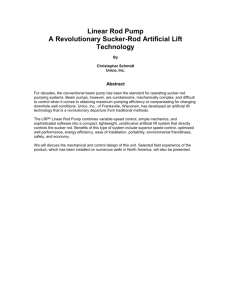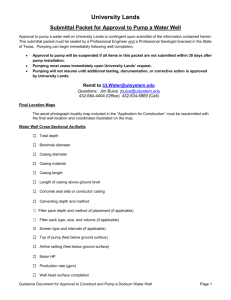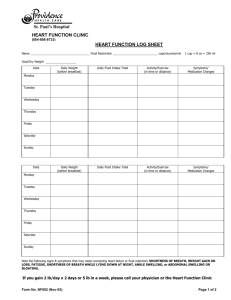Patient assessment - American Heart Association
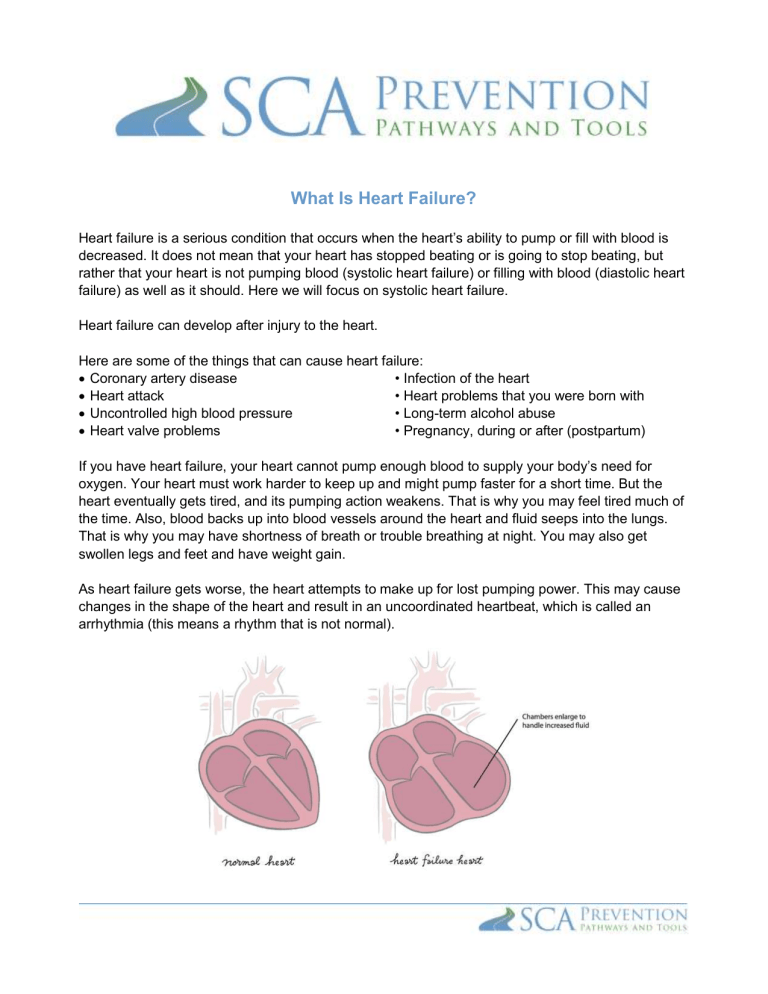
What Is Heart Failure?
Heart failure is a serious condition that occurs when the heart’s ability to pump or fill with blood is decreased. It does not mean that your heart has stopped beating or is going to stop beating, but rather that your heart is not pumping blood (systolic heart failure) or filling with blood (diastolic heart failure) as well as it should. Here we will focus on systolic heart failure.
Heart failure can develop after injury to the heart.
Here are some of the things that can cause heart failure:
Coronary artery disease
Heart attack
Uncontrolled high blood pressure
Heart valve problems
• Infection of the heart
• Heart problems that you were born with
• Long-term alcohol abuse
• Pregnancy, during or after (postpartum)
If you have heart failure, your heart cannot pump enough blood to supply your body’s need for oxygen. Your heart must work harder to keep up and might pump faster for a short time. But the heart eventually gets tired, and its pumping action weakens. That is why you may feel tired much of the time. Also, blood backs up into blood vessels around the heart and fluid seeps into the lungs.
That is why you may have shortness of breath or trouble breathing at night. You may also get swollen legs and feet and have weight gain.
As heart failure gets worse, the heart attempts to make up for lost pumping power. This may cause changes in the shape of the heart and result in an uncoordinated heartbeat, which is called an arrhythmia (this means a rhythm that is not normal).
Although heart failure cannot be cured, there are many things that can be done to slow its progress, reduce your symptoms, and help you live an active life. New medicines and treatments – plus selfcare activities each day – may help people with heart failure live better lives. There is more hope today for people with heart failure than ever before.
How Common Is Heart Failure?
Heart failure is a common problem among older adults in the United States. This year, approximately 550,000 Americans will learn from their doctors that they have heart failure. That is in addition to the nearly 5 million people who already have the condition. Many people with heart failure do not know they have it until they experience symptoms. These symptoms may appear many years after their heart function begins to decline.
Symptoms of Heart Failure
Heart failure is sometimes referred to as congestive heart failure. The term “congestive” refers to the fluid that seeps into the lungs. This fluid congestion may also involve other body parts, including the feet, legs, and stomach. Fluid buildup is the cause of many symptoms of heart failure. These signs and symptoms help your doctor classify the severity of your heart failure and monitor the effects of therapies to help you.
Signs and symptoms of heart failure include:
Trouble breathing (shortness of breath) • Swollen or tender stomach with loss of appetite
Swelling in the feet and legs • Cough with frothy sputum (your spit may be pink
Weight gain from water (swelling) due to small amounts of blood)
Lack of energy/trouble carrying out • Increased urination at night physical activities
Difficulty sleeping at night due to
• Confusion and/or memory problems breathing problems (you may need more pillows under your head in order to sleep comfortably)
Classifying Heart Failure
Doctors classify heart failure on a scale of 1 to 4 (Roman numerals I to IV) by reviewing your symptoms and your ability to exercise and do activities. The New York Heart Association has developed a system that is commonly used to talk about levels (classes) of heart failure. This system is shown below.
Your heart failure class can get better or worse over time depending on how bad your symptoms are and how you respond to therapies. Some treatments work best at different classes, so you might get a different treatment than other people you know with congestive heart failure.
• No symptoms
• Can perform ordinary
activities without any
limitations
• Mild symptoms
• Occasional swelling
• Somewhat limited in
ability to exercise or
do other strenuous
activities
• No symptoms at rest
• Noticeable limitations
in ability to exercise or
participate in mildly
strenuous activities
• Comfortable only
at rest
• Unable to do any
physical activity
without discomfort
• Symptoms at rest
When thinking about your heart failure class, it is important to know that heart failure is a condition that can get worse over time. It is important to find and treat heart failure early. So even though you may be in Class I or Class II and have few symptoms, you still need to see your doctor to be treated for heart failure and follow your doctor’s care plan.
What Can Be Done for Heart Failure
The good news is that today doctors and nurses understand more about heart failure and have better ways to manage the condition. New medicines and treatments are some of the reasons that people with heart failure may be able to get back to many of the things they once did and potentially live better lives.
Adapted by the SCA Prevention Medical Advisory Team from the IMPROVE HF registry toolkit.
This material is intended to be educational. It is not intended to replace the information provided to you by your healthcare providers and may not be directly applicable for your individual clinical circumstance.
Please refer to the manufacturers’ prescribing information and/or instructions for use for the indications, contraindications, warnings, and precautions associated with the medications and devices referenced in these materials.
Sponsored by Medtronic, Inc.
May 2007
UC200705531 EN
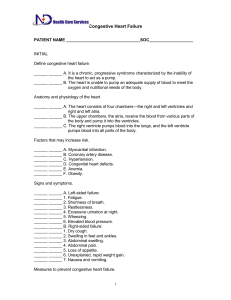
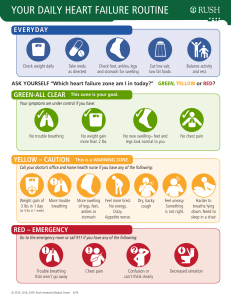
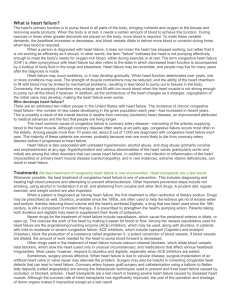
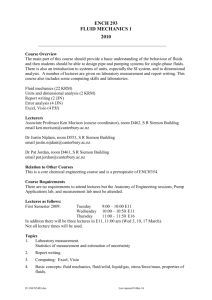
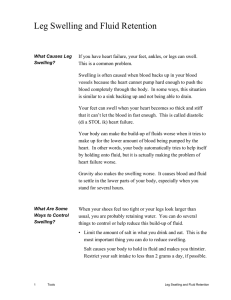
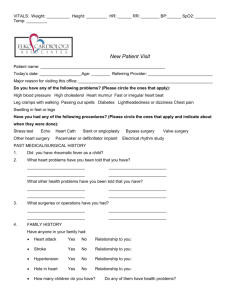
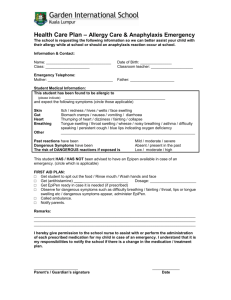
![Lymphatic problems in Noonan syndrome Q[...]](http://s3.studylib.net/store/data/006913457_1-60bd539d3597312e3d11abf0a582d069-300x300.png)

